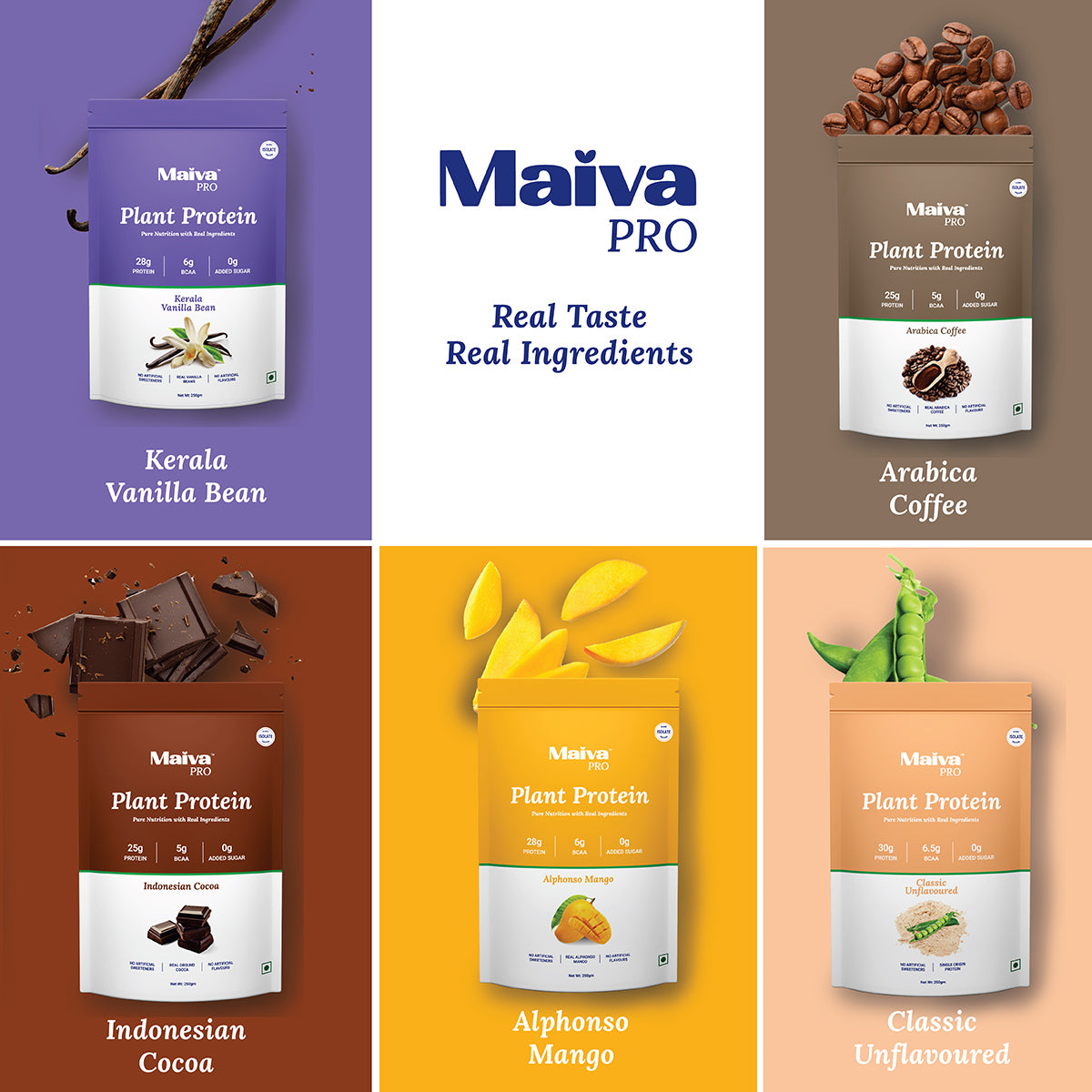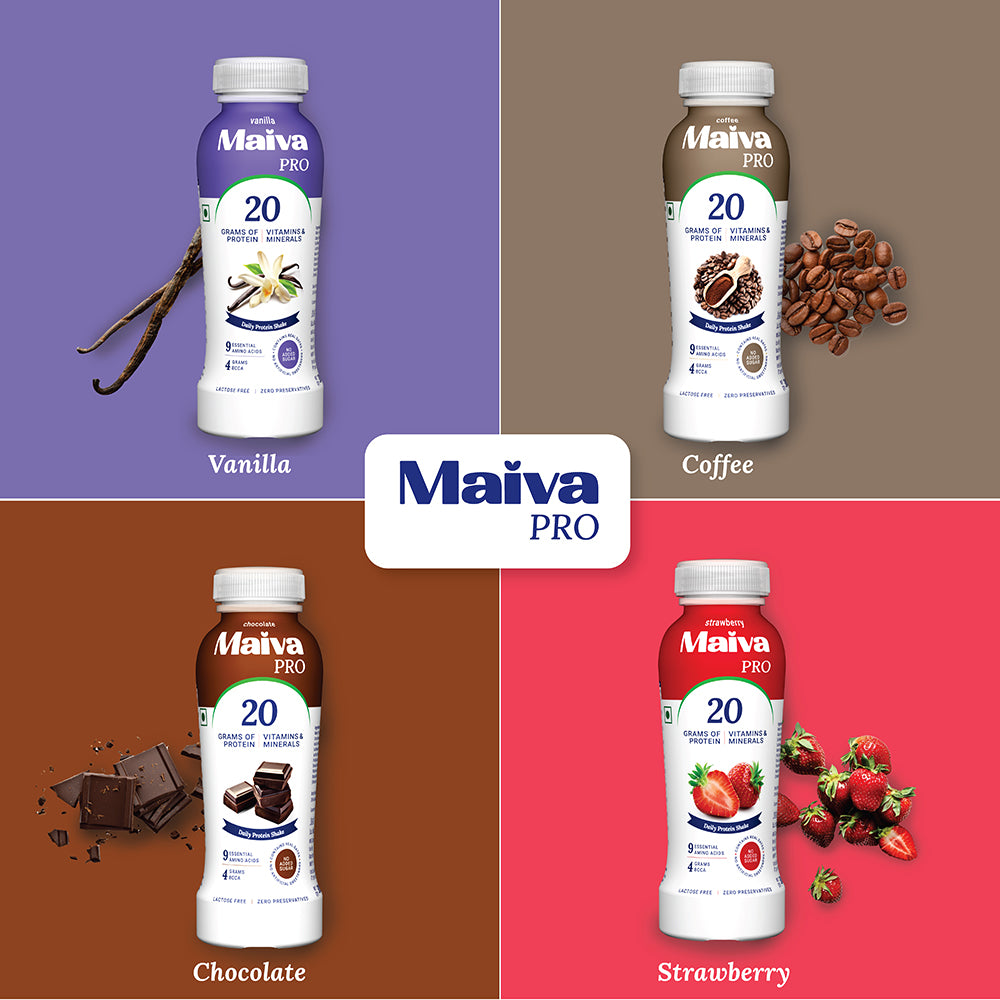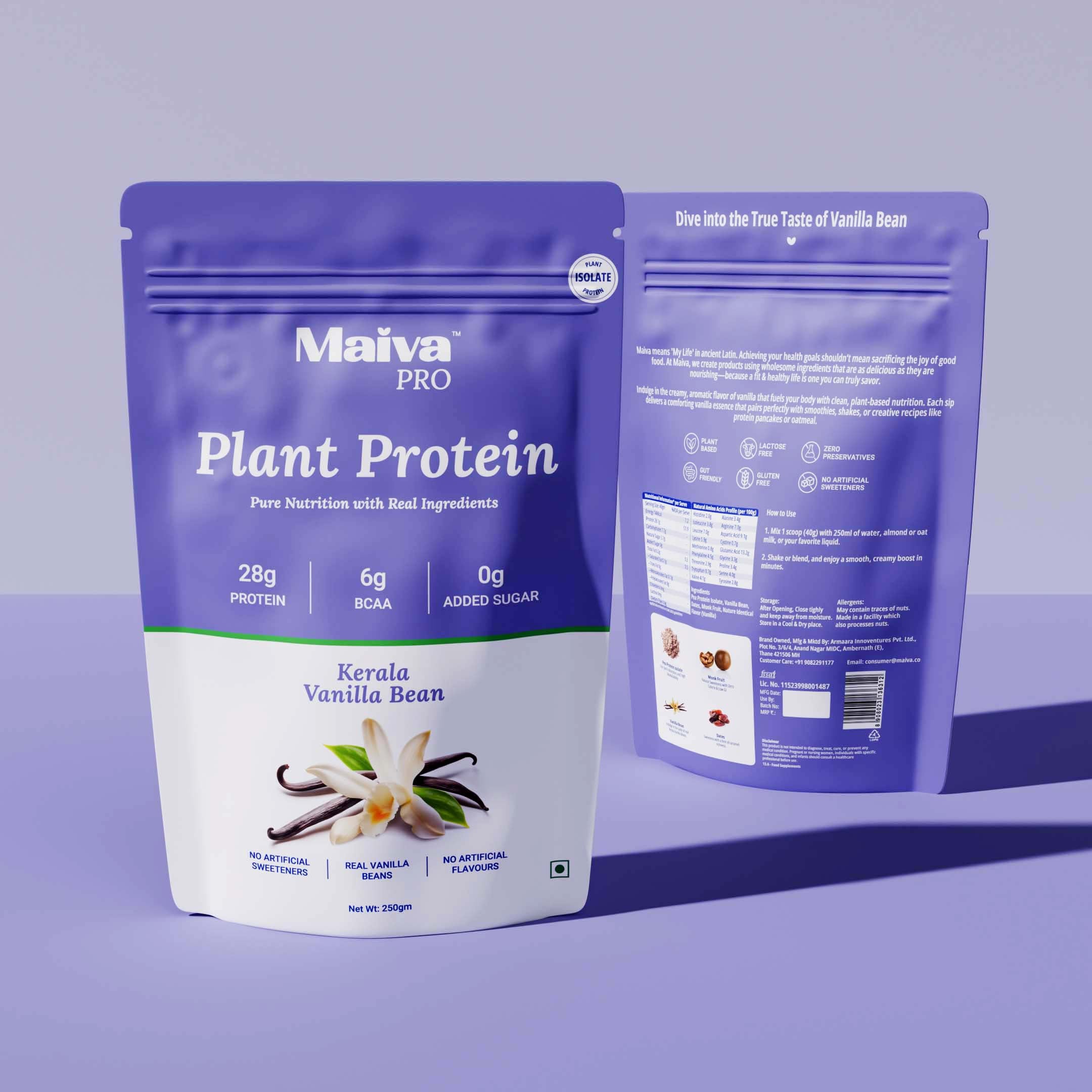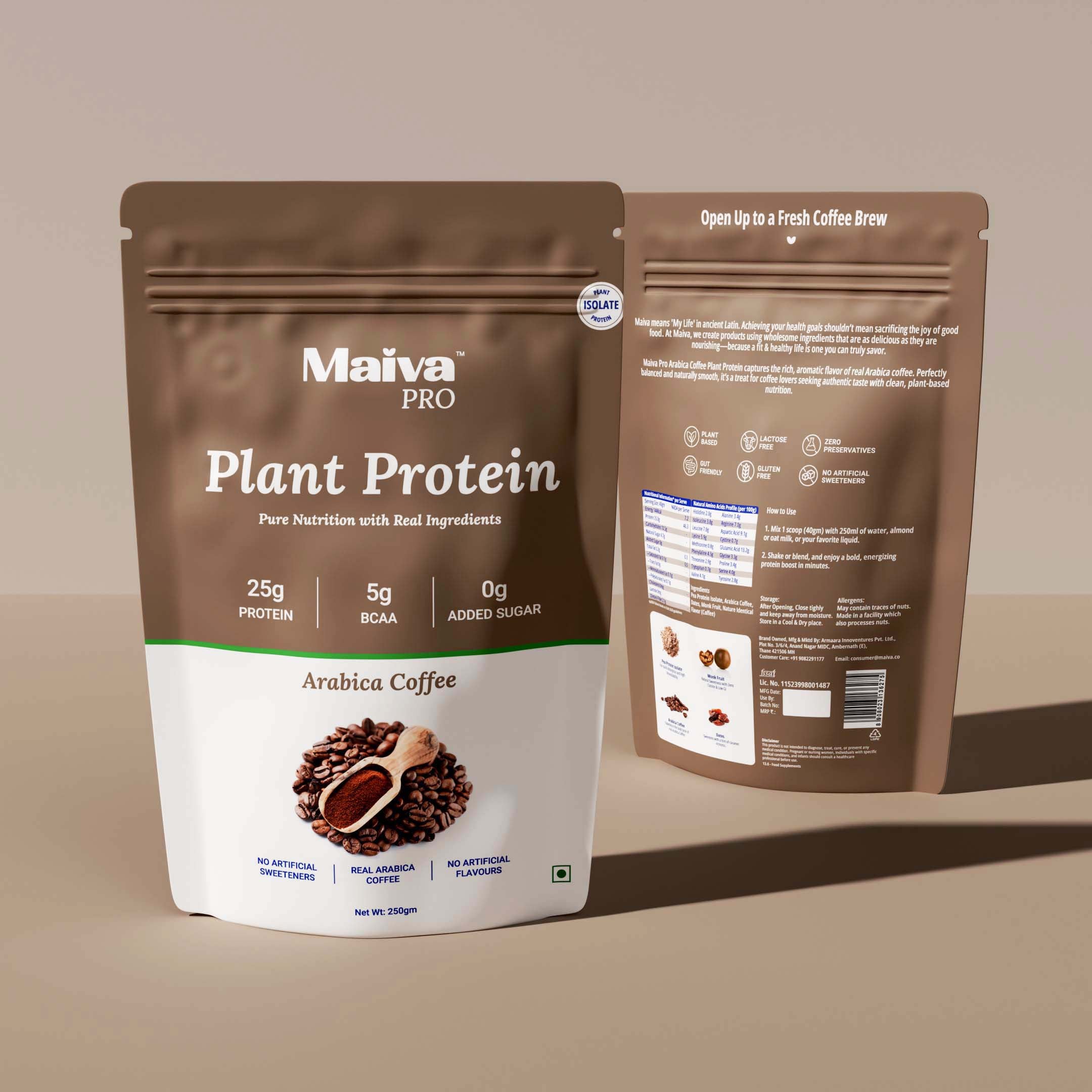Enhancing Physique with Nut Milk: A Guide for Gym Goers
"Six pack abs are developed in the gym but revealed in the kitchen"
1. Introduction - Nut Milk & Physique
In the world of fitness and strength training, the role of diet is just as crucial as the regimen itself.
For gym enthusiasts aiming to sculpt their bodies and boost muscle strength, the quest for the right nutritional balance is an ongoing optimization process. If you're striving for that perfect balance between rigorous training and optimal nutrition, almond milk might be the missing piece in your fitness puzzle.
This article delves into the potential of nut milk, particularly almond milk, as a valuable addition to the fitness enthusiast's diet in developing an impressive physique
Almond milk, a staple in the health-conscious community, has gained prominence not only for its delightful taste but also for its nutritional profile, which can significantly benefit gym goers. Packed with essential nutrients, low in calories, and versatile in use, almond milk is an excellent alternative to traditional dairy products, especially for those on a strength training journey.
Here, we explore the hypothesis that incorporating almond milk into one's diet can enhance muscle growth, aid in recovery, and contribute to overall better physique development. By understanding its nutritional composition and how it can be integrated effectively into a fitness-focused diet, gym goers can unlock new avenues in their quest for peak physical performance and a sculpted body.
2. The Power of Nutrients in Almond Milk
In the journey towards building a formidable physique, protein stands out as the cornerstone of muscle growth and repair. Almond nut milk emerges as an intriguing source of this vital nutrient. While it may not be as protein-packed as some dairy-based or specialized protein drinks, the protein in almond milk offers some unique benefits for those engaged in strength training. For instance, almond milk is low in calories but dense with nutrients such as essential nutrients like calcium, vitamin E, and magnesium. Furthermore, for many individuals, especially those with sensitivities to dairy or soy, almond milk can be easier to digest. This ease of digestion is beneficial post-workout, as it prevents discomfort and ensures that the nutrients are quickly absorbed and utilized by the body

3. Benefits of Almond Milk for Muscle Recovery
Post-workout recovery is as crucial as the workout itself. The protein in almond milk, along with its hydrating properties, contributes to muscle recovery and reduces inflammation. It's easy digestibility makes it a go-to choose for a post-exercise refreshment that soothes the body without overwhelming the digestive system. Unlike some animal-based protein sources, almond milk is low in saturated fats. This is beneficial for maintaining heart health and overall wellness, which is important for long-term fitness and strength training goals. Almond milk's mild flavor and versatility make it easy to incorporate into various diets. It can be consumed on its own, added to protein shakes, smoothies, and other post-workout meals, enhancing the overall nutrient profile of these dishes.
4. Integrating Nut Milk into a Strength Training Diet
Incorporating almond milk into a strength training diet can be both strategic and beneficial, enhancing the overall nutritional quality of the diet while supporting muscle growth and recovery. Understanding when and how to integrate almond milk can optimize its benefits for gym goers and fitness enthusiasts.
There are two models – Pre and post workout, which we will discuss here.

4.1. Pre-Workout Hydration
Almond milk can be a hydrating choice before a workout. Its balance of nutrients and hydration properties can provide sustained energy without being too heavy on the stomach. Consuming almond milk about 30 to 60 minutes before exercising can help ensure the body is well-prepared for the physical exertion to come.
The pros and cons of this approach are:
Pros
Provides a balance of nutrients for sustained energy.
Light on the stomach, preventing discomfort during workouts.
Hydrates the body adequately before physical exertion.
Cons
Lower protein content compared to other pre-workout drinks.
May not provide sufficient energy for very high-intensity workouts.
4.2. Post-Workout Recovery
After strength training, the body needs to replenish its energy reserves and repair muscle tissues. Almond milk can be an excellent post-workout drink due to its combination of proteins and carbohydrates. Drinking almond milk within 30 minutes after a workout can help expedite the recovery process.
The pros and cons of this approach are:
Pros
Aids in muscle recovery with its protein content.
The carbohydrates in almond milk help replenish energy stores.
Easy to digest, making it suitable for post-exercise consumption.
Cons
May require supplementation with other protein sources to meet high post-workout protein requirements.
Some brands may have added sugars, so proceed with caution.
Use Maiva’s almond milk with zero sugar
5. Conclusion
In summary, almond milk serves as a versatile and beneficial component in a strength training diet, both before and after workouts. Its pros largely outweigh the cons, particularly when used strategically in conjunction with other dietary components to meet the specific nutritional demands of fitness enthusiasts.




